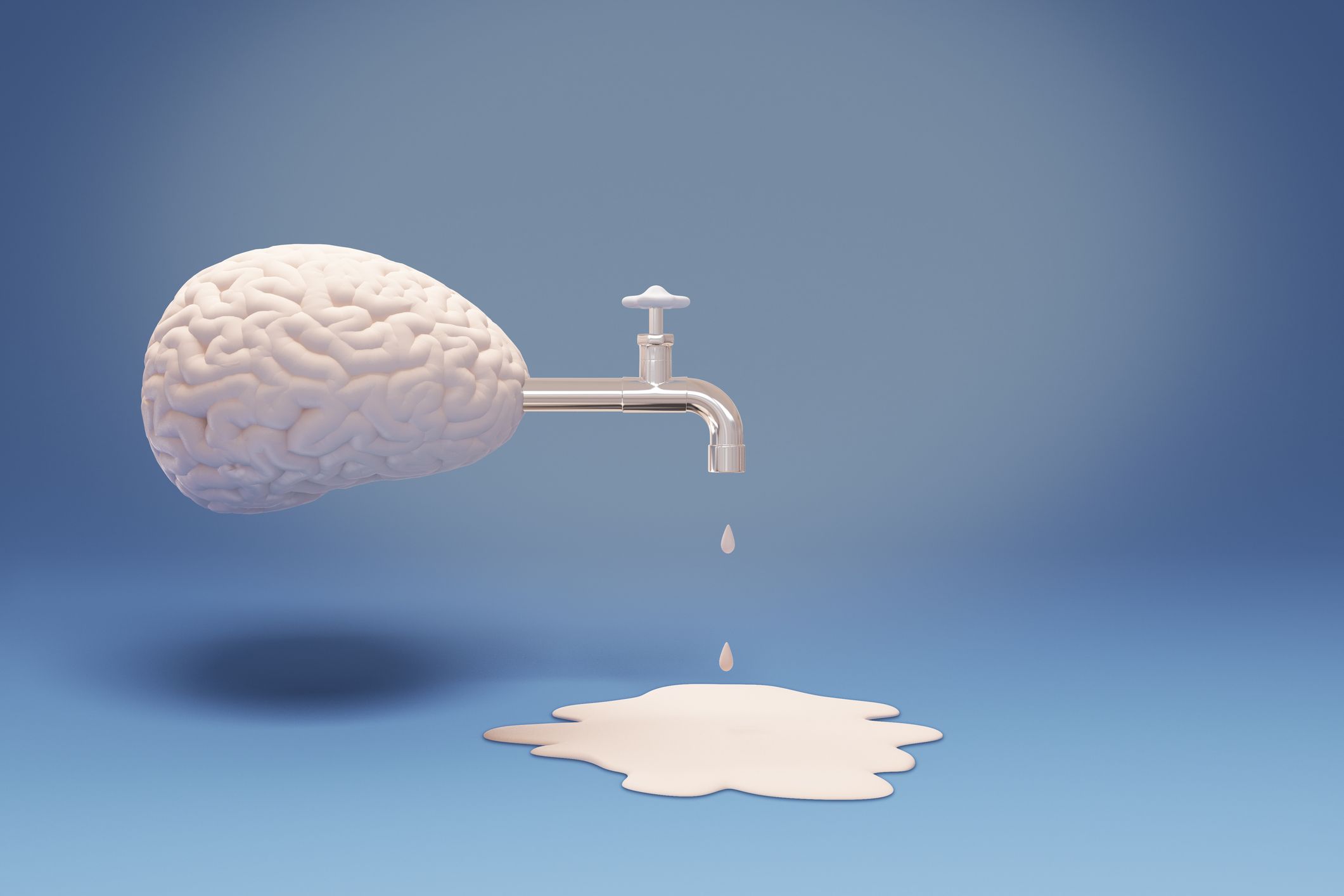
Healthline has strict sourcing guidelines and relies on peer-reviewed studies, academic research institutions, and medical associations. Blow your nose frequently: Gently blowing your nose into a tissue can help clear excess mucus from your nasal passages.Avoid triggers: If you know that specific things trigger your symptoms, try to avoid them.Use a humidifier: A humidifier can add moisture to the air and may help keep nasal mucus thin.Drink water: Drinking enough water can help keep your nasal mucus thin and easier to clear from your nose.Some that are available OTC include Nasacort and Flonase. They may help ease allergy symptoms like itching, sneezing, and runny nose. Use an intranasal corticosteroid: These are medications that you spray into your nose.Examples include Benadryl, Claritin, and Zyrtec. Take an OTC antihistamine: OTC antihistamines work to relieve allergy symptoms like runny nose, itching, and sneezing.Try an OTC decongestant: If you have nasal congestion along with your runny nose, an OTC decongestant can help reduce inflammation and pressure.You can also make your own saline nasal rinse at home. They can help clear out your nasal passages. Use a nasal spray or rinse: Saline nasal sprays are available OTC.Treatment for non-allergic rhinitis is focused on using medications to relieve symptoms when they’re present. Its symptoms can be persistent, happen on and off, or occur at specific times of the year. Non-allergic rhinitis is a chronic (long-lasting) condition. The symptoms of non-allergic rhinitis can include a runny nose, with discharge that’s thin, clear, and watery. Stress: An increase in stress levels can also lead to non-allergic rhinitis symptoms.Hormone fluctuations: Changes in hormones due to things like pregnancy, menstruation, and hypothyroidism can cause non-allergic rhinitis.Changes in weather: Changes in temperature or humidity may trigger symptoms of non-allergic rhinitis.Irritants: Some examples of irritants that may trigger non-allergic rhinitis include:.overuse of nasal decongestant sprays ( rhinitis medicamentosa).nonsteroidal anti-inflammatory drugs (NSAIDs) like ibuprofen (Motrin, Advil) and aspirin.Medications: Taking some types of medications can lead to non-allergic rhinitis symptoms.Foods: Symptoms can develop any time you eat, but may be more likely when you consume food that’s spicy or has a hot temperature.While the exact biological cause of non-allergic rhinitis is unknown, a variety of factors can trigger it, including: This can lead to swelling and an increase in mucus production. It’s believed that this condition may happen when blood flow in your nose increases. Surgery usually requires a hospital stay of 2-3 days.Non-allergic rhinitis is a term that describes nasal symptoms that develop in the absence of allergies or an infection.
#Spinal fluid leaking from nose skin#
We can use skin or bone from inside your nose or small pieces of fat from your abdomen to help repair the leak. Our specialists will access the leak through your nose. ThisĪt UVA Health, we use advanced surgical methods. Small tools and cameras (endoscopes) allow us to repair issues deep in your skull without a big, difficult operation. Medications can help lessen the production of the fluid that surrounds the brain. In other cases, you need treatment to stop the leak. Sometimes, all you need to heal is bed rest. Then they can use CT scans to locate the leak. You'll need a diagnosis from an ENT specialist. Having these symptoms doesn't mean you have CSF rhinorrhea. A salty or metallic taste in your mouth.Drips increase when you put your head upside down.The fluid from your nose is watery and clear.If you're leaking brain fluid, you'll notice: "Rhinorrhea" means "runny nose." But a runny nose with brain fluid in it is different than allergies or a cold.

Learn more about our skull base expertise. Our innovative procedures pose fewer risks and lead to quicker recoveries. We have the tech and the training to perform delicate procedures in your sinuses and brain with a high level of accuracy. Skull Base Specialists at UVAĪt UVA, you'll find specialists known around the world for their skill at treating conditions like this. You'll want to get treatment to stop the leak. This condition can put you at risk for dangerous infections - meningitis and pneumocephalus (air in the cranial cavity). Head trauma, surgery, or even birth defects can make a hole in the membranes that hold this fluid. It then leaks into your nose or ear, causing a watery, runny nose.ĬSF rhinorrhea is very rare. Cerebrospinal fluid (CSF) rhinorrhea is a condition where the fluid that surrounds the brain leaks into the nose and sinuses.


 0 kommentar(er)
0 kommentar(er)
